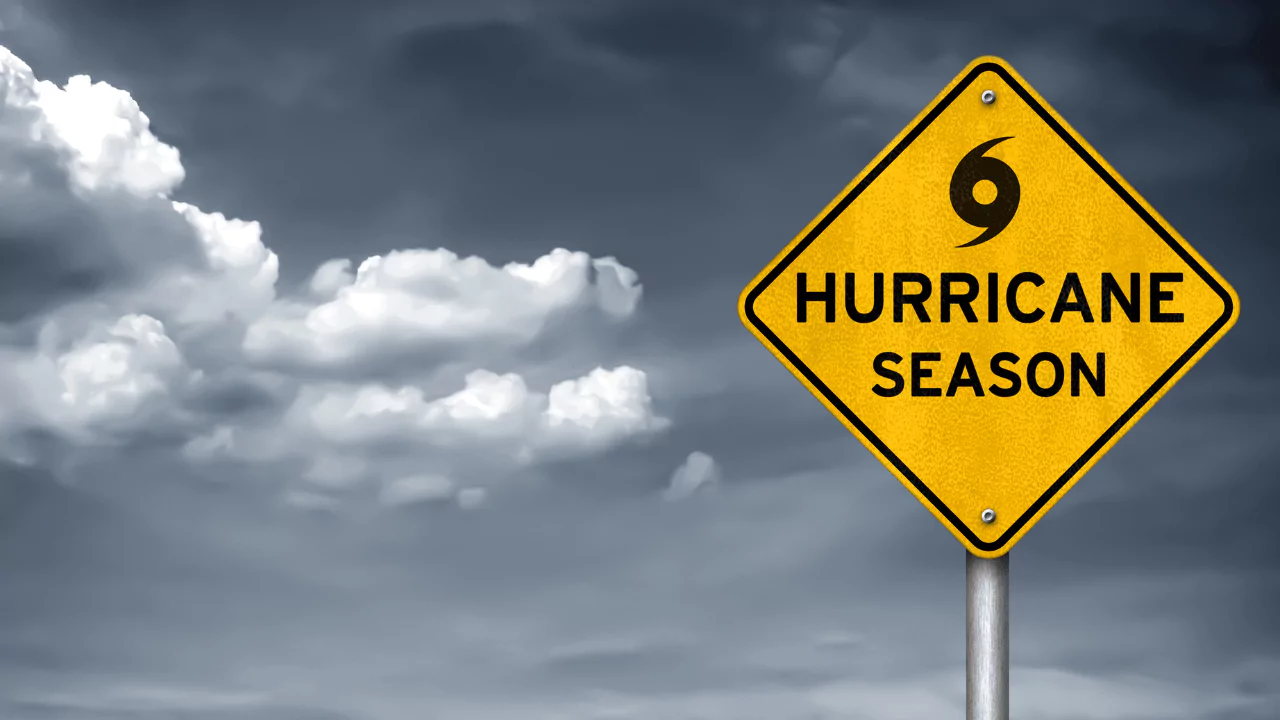Hurricane insurance is crucial for homeowners in Florida due to the high risk of these powerful storms.
This article will provide an overview of hurricane insurance requirements, deductibles, factors affecting cost, and tips for finding affordable coverage in the state.
Properly insuring your home against hurricane damage can give you peace of mind and financial protection.
Hurricane Insurance Requirements in Florida
Florida law mandates that all residential property insurance policies include windstorm coverage. This provides protection from damage caused by hurricanes, tropical storms, and tornadoes. Insurance must also cover storm surge, which is the abnormal rise in seawater levels during a storm.
Additionally, insurance policies must include coverage for damage from named storms in Florida. A named storm is any organized weather system that has been officially designated with a name by the National Hurricane Center. This includes tropical storms and hurricanes.
While wind and named storm coverage are required, flood insurance is optional in Florida. It may be purchased through the National Flood Insurance Program or private insurers. Flood coverage is highly recommended to fully protect your home.
Understanding Hurricane Deductibles in Florida
With hurricane insurance in Florida comes high deductibles that specifically apply to hurricane claims. Insurers offer hurricane deductible options that are typically a percentage of the insured value of the home.
Common hurricane deductible amounts in Florida include $500, 2%, 5%, and 10% of the dwelling coverage limit. For example, on a $200,000 home, a 5% hurricane deductible would equal $10,000. Insurers may also offer tiered hurricane deductibles at different percentage levels.
The average hurricane deductible offered by insurers in Florida is around 5% of the dwelling limit. This means for a significant hurricane claim, homeowners may have to pay thousands out of pocket before insurance coverage kicks in.
Factors Affecting the Cost of Hurricane Insurance in Florida
Several variables influence the cost of hurricane insurance premiums in Florida:
- Location – Properties situated closer to the coast or in high-risk areas like the Florida Keys will pay more compared to inland homes.
- Age of Home – Newer homes built to current building codes with hurricane-resistant features qualify for lower premiums versus older homes.
- Construction – Concrete block homes generally receive lower premiums than frame homes which are more susceptible to wind damage.
- Coverage Limits – Higher dwelling and contents coverage maximums will increase premiums.
- Endorsements – Additional options like coverage for valuable possessions or loss of use can add to the cost.
- Claims History – Frequent hurricane claims will cause premiums to rise.
Shopping for Affordable Hurricane Insurance in Florida
Finding competitively priced hurricane insurance in Florida requires doing your homework:
- Get quotes from several insurers – Rates can vary significantly between companies.
- Compare coverage carefully – Make sure quotes offer similar dwelling limits, deductibles, and endorsements.
- Ask about discounts – Inquire if you qualify for any rate reductions.
- Work with an agent – They can provide guidance on adequate coverage at the best price.
- Review annually – Re-shopping insurance each year may save you money.
Properly insuring your home against the threat of hurricanes is a wise investment in Florida. While premiums and deductibles are higher than in other states, having adequate protection is essential. With smart shopping, you can find hurricane insurance that fits both your home’s risks and budget.





